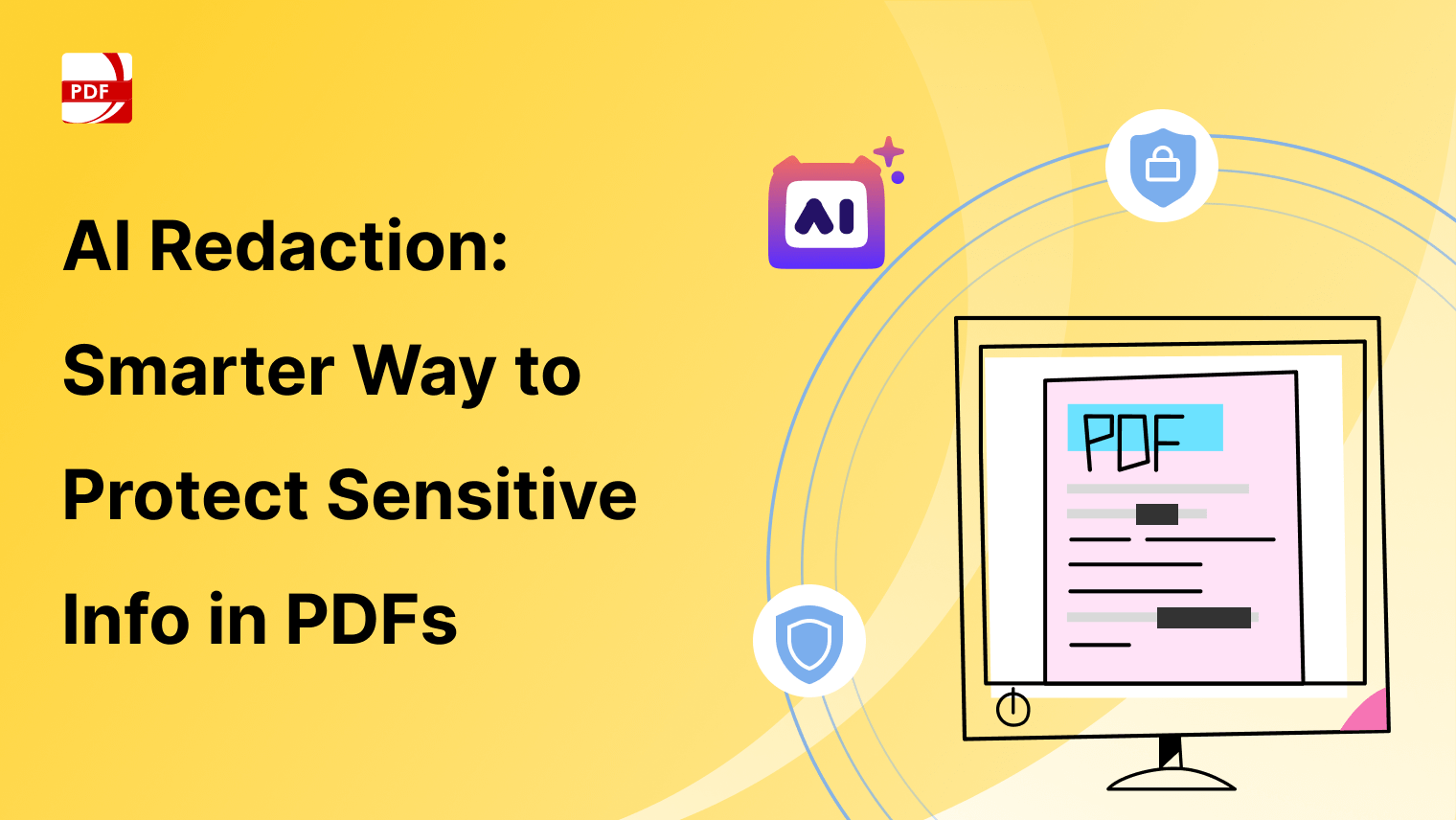Crafting a notarized statement involves creating a formal document that is authenticated by a notary public, ensuring its legality and validity.
This process, integral for various legal proceedings and official documentation, requires a clear understanding of legal requirements and the notarization process.
How to Write a Notarized Statement
Step 1: Find a Template
Find a template you approve of, like the one below from PDF Reader Pro's Templates.
Step 2: Edit PDF
Use a PDF Reader/Editor, like PDF Reader Pro, to customize your notarized statement.
Click on "Edit PDF" and "Add Text" and click on a text box to add your information.

Step 3: Customize
When you're done customizing your notarized statement, proofread and review it.
Step 4: Save PDF
Save as a PDF to your device.

PDF Reader Pro's templates can help you achieve a professional and concise PDF document.
PDF Reader Pro stands out for its user-friendly interface and comprehensive editing tools, making it my preferred choice for working with PDF templates.

Its wide range of annotation features has significantly helped my document management process, enabling efficient collaboration and personal note-taking.

The ability to effortlessly modify templates and tailor them to specific needs, coupled with the intuitive navigation, has saved me time and enhanced my productivity, making PDF Reader Pro an invaluable asset in my workflow.
PDF Reader Pro can boost all your PDF-related needs and save you time with its easy-to-use interface!
Explore our expert tips on crafting an impactful press release!
Notarized Statement: Different Types
Different types of notarized statements cater to various legal needs and scenarios. Here's a breakdown of some common types:
-
Affidavits: A written statement made under oath, often used in court cases or legal proceedings. They are used to assert facts, with the signer swearing to their truthfulness in the presence of a notary public.
-
Contracts and Agreements: Legal agreements between parties, such as contracts, leases, and business agreements, can be notarized to add an extra layer of legality and authenticity.
-
Power of Attorney: A notarized document that grants one person the authority to act on behalf of another, often in legal or financial matters. This document becomes crucial for handling affairs when the principal cannot do so themselves.
-
Deeds: Documents like property deeds or vehicle title transfers often require notarization to confirm the identity of the parties involved and validate the transfer.
-
Consent Letters: For instance, a notarized letter of consent is often required for child travel when a minor is traveling without one or both parents.
-
Medical and Health Documents: Advanced healthcare directives, medical consent forms, or Do Not Resuscitate (DNR) orders are often notarized to ensure they are honored in a medical setting.
-
Notarized Letters: This could include various types of letters, such as a letter of residency, employment letters, or other formal letters that require notarization for verification purposes.
-
Corporate Records: Important business documents, including corporate records, minutes of meetings, or financial records, are often notarized for internal record-keeping and legal compliance.
-
Educational Documents: Academic transcripts, diplomas, or other educational records may need to be notarized, especially for use in international contexts.
-
Legal Statements and Declarations: These include various types of legal declarations, affidavits of heirship, and formal statements that must be notarized to be legally binding or admissible in legal situations.
Each type of notarized document serves a specific purpose and must meet certain legal requirements.
Common Mistakes to Avoid When Preparing a Notarized Statement
- Omitting Essential Information: Ensure all required details such as personal identification, statement purpose, and date are included.
- Ignoring Notary Requirements: Different jurisdictions may have specific requirements for notarization; failing to adhere to these can invalidate your statement.
- Using Unclear or Ambiguous Language: The statement should be concise and clear, avoiding any ambiguity that could misinterpret the intent.
- Forgetting to Review and Proofread: Typos, grammatical errors, or incorrect information can undermine the statement's credibility. Always review and proofread before notarization.
- Not Having Witnesses When Required: Some statements may require witness signatures in addition to notarization; neglecting this step can render the document legally ineffective.
Dive into our recommendations for crafting a solid loan agreement!
Notarized Statement: FAQ
What is a Notary Public?
A Notary Public is a public officer appointed by government offices to witness the signing of documents, ensuring their authenticity for legal matters.
What Types of Documents Can Be Notarized?
Legal documents, official documents, letters of consent, affidavits (such as death, marriage, or residence), and other formal documents can be notarized.
What is the Role of a Notary in Legal Proceedings?
In legal proceedings, a notary public verifies the signing of documents, providing legal evidence and satisfactory evidence of authenticity.
Are Notarized Letters Different from Other Legal Documents?
Notarized letters, like letters of authorization or employment letters, are a type of legal document that has been officially certified by a notary public.
What Should be Included in a Notarized Statement?
A notarized statement should include the signatory's complete address, the type of document, and notarial wording and be signed in the presence of the notary.
Is There a Specific Format for Notarized Documents?
While formats can vary, notary letter templates and formal letter formats are commonly used. The document should be free from blank spaces and incomplete documents are not acceptable.

Learning the Format of a Notarized Statement
Mastering the format of a notarized statement is essential in legal proceedings, where a Notary Public certifies documents like affidavits and corporate records. This process requires proper identification, such as a government-issued ID, and includes the verification of the document's authenticity under oath.
Understanding this format ensures legal validity, adding security and integrity to official documents and legal matters.











 Free Download
Free Download  Free Download
Free Download





 Support Chat
Support Chat